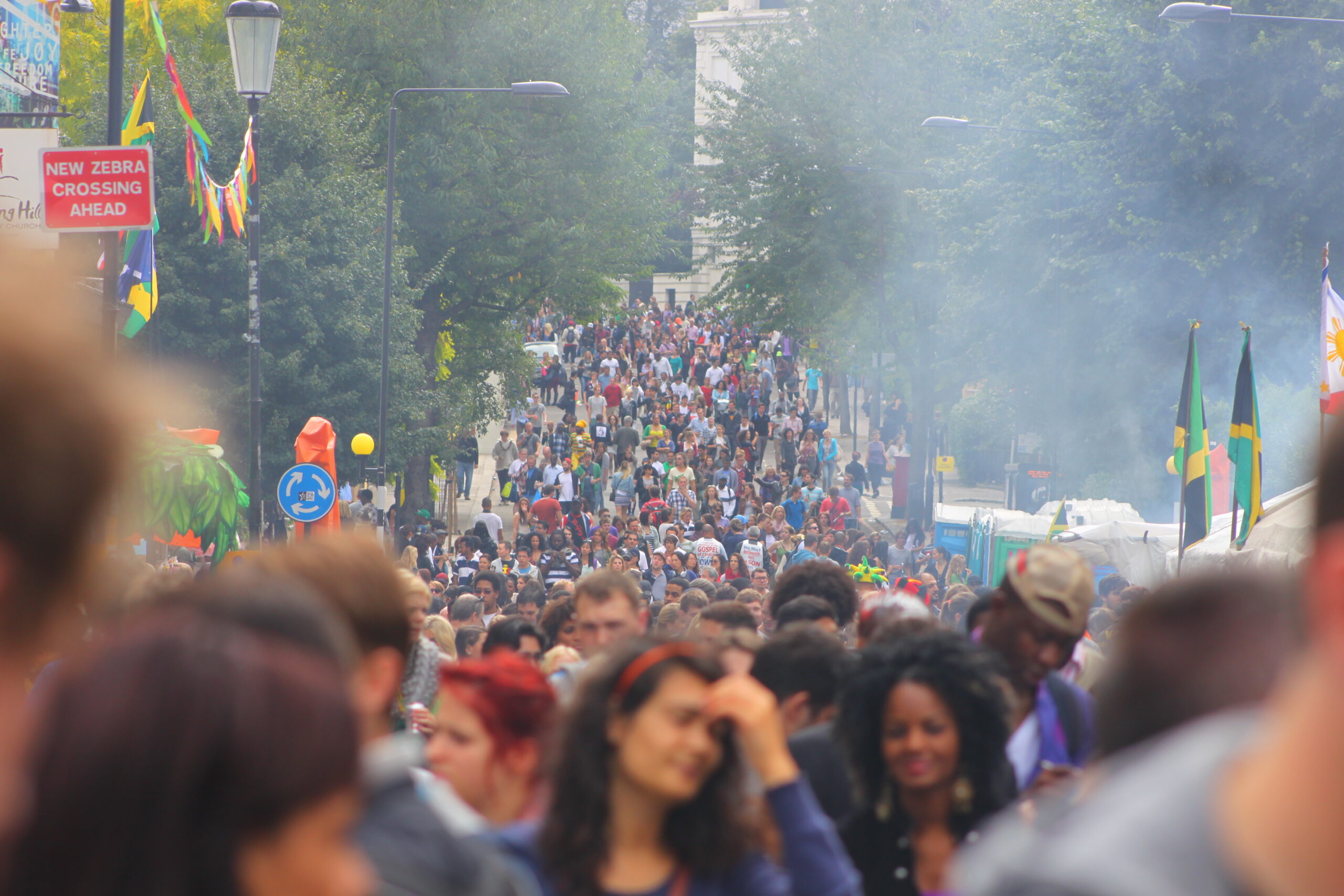Annual Afro-Caribbean street party in London goes digital
Due to the coronavirus pandemic, West London’s yearly Afro-Caribbean street party, Notting Hill Carnival, will be witnessed on computer screens around the world, streaming hours of music and performance.
An event that dates back to the 1960s, the two-day carnival is held at the end of August and attracts more than a million visitors being a symbol of interracial tolerance and celebration of the Afro-Caribbean community.
In a report by Reuters, the physical parade was already cancelled earlier this year due to COVID-19 restrictions. As regulations persist, gone are the booming sound systems and extravagantly costumed dancers marching through the crowded streets as well.
To keep the carnival’s spirit alive, organizers have spent a month filming acts to be broadcast over the Internet between Aug. 29 and 31, hopefully bringing it to a more global audience as well.
Matthew Phillip, the carnival’s executive director, expressed his dismay and hope for this year’s festivities saying, “First I was very sad that it wouldn’t be on the streets – I still am – but I’m very excited about the possibilities of this year taking Carnival into unique places.”
A celebration of race, a protest of work to be done
The roots of the carnival can be traced post-war when Britain opened its borders to Caribbean citizens in an effort to alleviate labor shortages and rebuild the country – causing racial tension.
In the same streets where the riots took place, the event celebrating Caribbean music, food, and culture gave way as a significant effort to bring communities together.
The first online Notting Hill Carnival will be set against a milieu of raised alertness regarding racial inequality in Britain, and while a virus that continues to circulate affect Black communities.
Therefore, will this year’s carnival be more meaningful?
“Carnival is always relevant you know… Carnival itself is almost a protest, it’s people claiming the streets,” Phillip told Reuters.
After the killing of George Floyd in Minneapolis, thousands of protesters marched in London last June under the banner of the Black Lives Matter movement, condemning police brutality and racial inequality.



